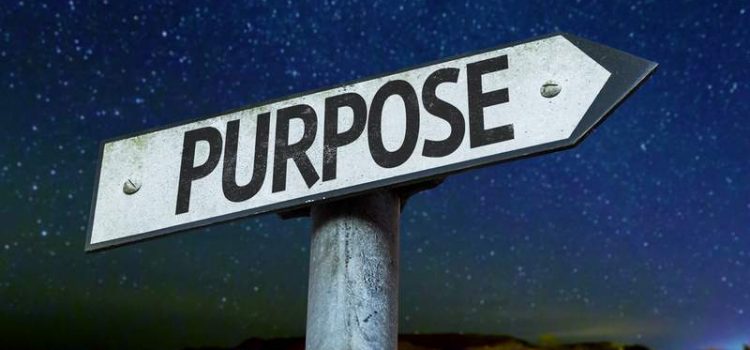What tasks do you do routinely? What if you could get them done more efficiently and free up time for more substantive work? In Someday Is Today, Matthew Dicks argues that achieving your dreams and overcoming mediocrity is possible, but only if you start acting now. He shares advice on how to maximize your time, efficiency, and productivity when it comes to everything you have to do, including your routine tasks. Continue reading to learn how to get things done faster in three practical ways.
How to Get Things Done Faster: 3 Ways to Streamline Routines










